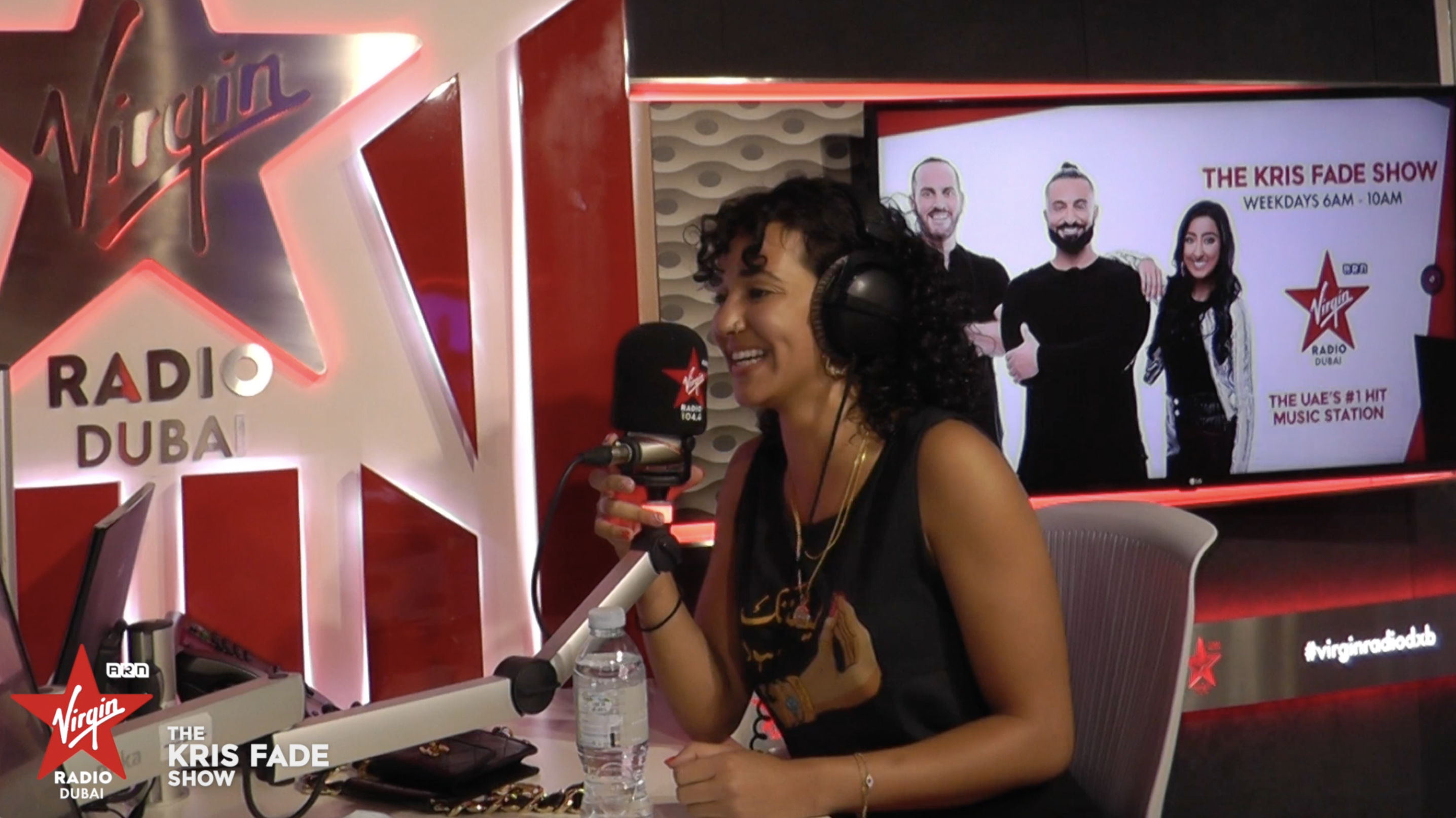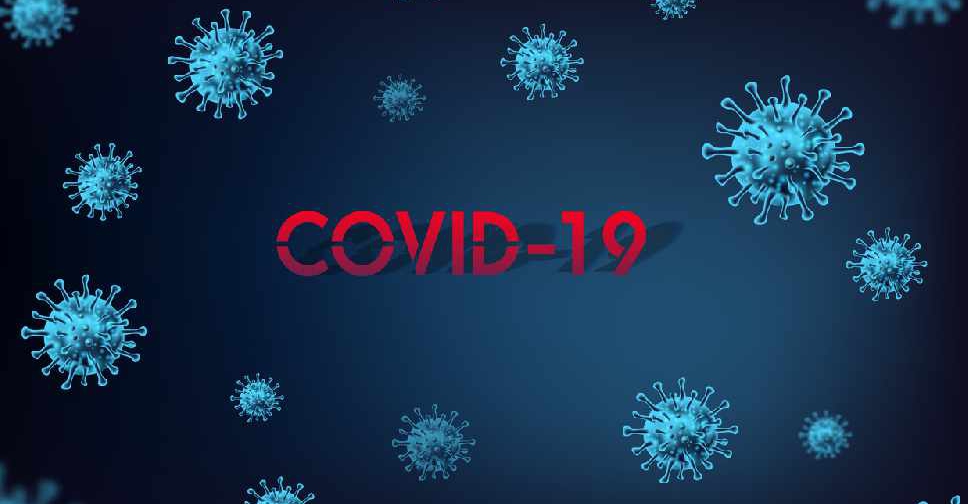
Here's what you need to know about the coronavirus right now:
Australian vaccine candidate produces antibody response
Early testing of a potential COVID-19 vaccine developed by the University of Queensland and CSL Ltd has shown it to be safe and produce an antibody response, Minister for Health Greg Hunt said on Friday. The vaccine candidate will now begin the last stage of testing, Hunt said.
"It is doing its job. That is particularly so in the elderly, and that is an especially important outcome, given the global vulnerability to elderly around the world from COVID-19."
Should it pass those trials, Hunt said it could be ready for distribution by the third quarter of 2021. Australia has already agreed to buy 51 million doses of the University of Queensland developed candidate.
US and UK ethnic minorities disproportionately affected by coronavirus
Ethnic minority groups in the United States and the United Kingdom are disproportionately affected by the novel coronavirus, with Blacks and Asians at increased risk of COVID-19 infection compared to white individuals, according to an analysis published in The Lancet medical journal.
About 18.7 million patients from 50 studies were included to establish the findings, the analysis said. Forty-two of the studies were from the United States and eight from the United Kingdom.
Ethnic minority groups were more likely to be employed as essential workers, and hence less able to work from home, the study said. That meant they had more contact with others through work or commuting, making them more exposed to infection. They are also more likely to have lower socioeconomic status, which may increase the likelihood of living in overcrowded households or accommodation with shared facilities, the findings suggested.
South Korea begins fining people flouting mask rules
South Korea will begin fining people who fail to wear masks in public on Friday as it reported 191 new coronavirus cases, with daily infections continuing to creep higher.
People caught without masks in public venues, including nightclubs, malls, theme parks and hair salons, face fines of up to 100,000 won ($90), while the operators of those places could pay up to 3 million won in fines.
The country had been praised for its response to the pandemic including aggressive testing and contact tracing, but has struggled to contain small cluster outbreaks, with daily cases hovering around 100 in recent weeks.
Examining vaccine efficacy
In normal drug trials, for diseases like terminal cancer, benefits of new medicines may be less apparent, with survival benefits of just a few months sometimes revolutionary for patients at death's door.
For vaccines, however, marginal protection is inadequate, and the World Health Organization ideally wants to see at least 70 per cent efficacy in trials, while the US Food and Drug Administration wants at least 50 per cent.
The 90 per cent efficacy reported in the Pfizer and Russian trials beats those, and appears to exceed that of typical flu vaccines, which the US Centers for Disease Control and Prevention (CDC) estimate reduce the risk of sickness by 40 per cent -60 per cent.
The interim data is promising, since it appears to demonstrate that a vaccine can be effective in preventing COVID-19. The jump to mass vaccinations, however, presents new hurdles. The Pfizer-BioNTech vaccine requires two doses, ideally 21 days apart. If people do not stick to the timetable, it may affect the vaccine's efficacy.




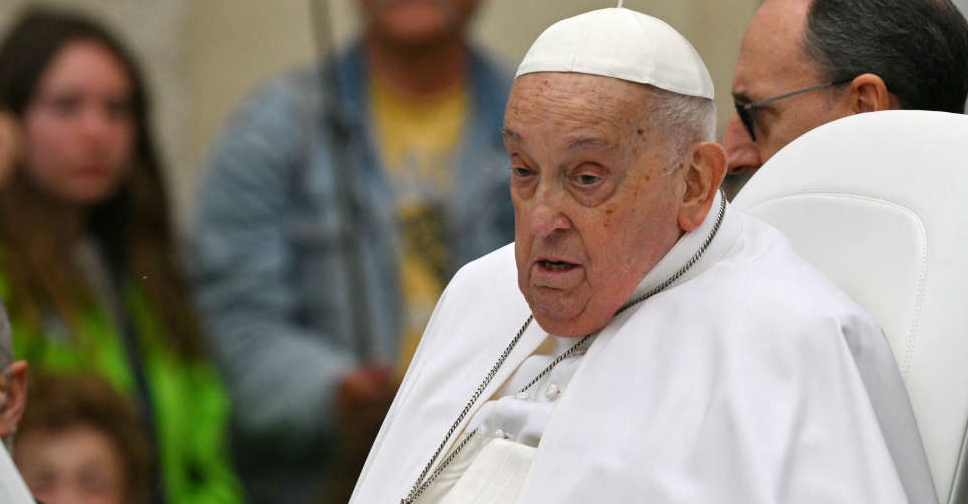 Pope Francis dies aged 88, Vatican says
Pope Francis dies aged 88, Vatican says
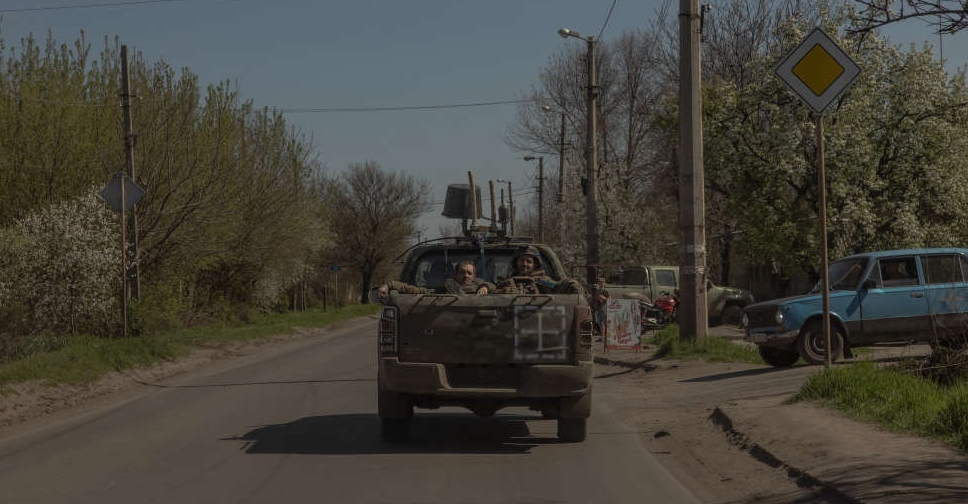 Half of Ukraine under air raid alerts hours after Russia ceasefire ends
Half of Ukraine under air raid alerts hours after Russia ceasefire ends
 Vance arrives in India, to hold talks with Modi under US tariffs shadow
Vance arrives in India, to hold talks with Modi under US tariffs shadow
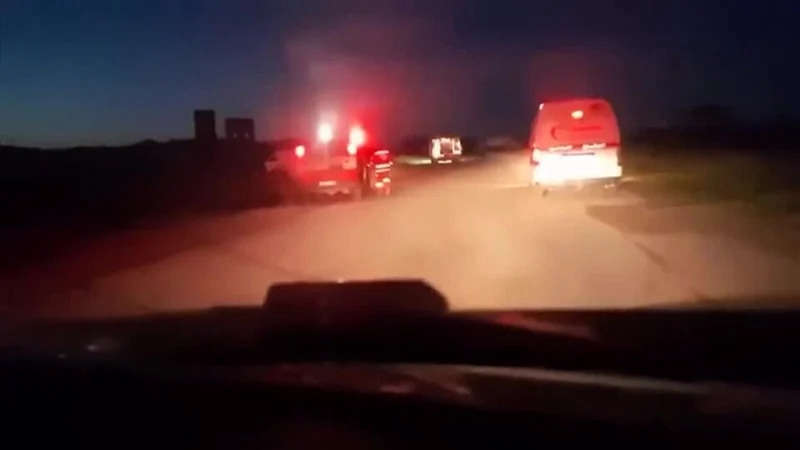 Israel's military finds 'professional failures' in killings of Gaza medics
Israel's military finds 'professional failures' in killings of Gaza medics
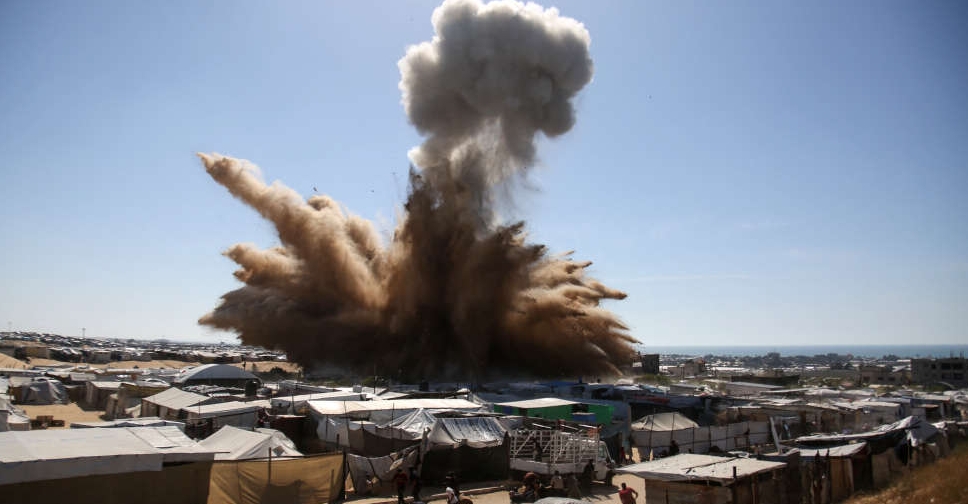 Israel's Netanyahu says military to increase pressure on Hamas
Israel's Netanyahu says military to increase pressure on Hamas


